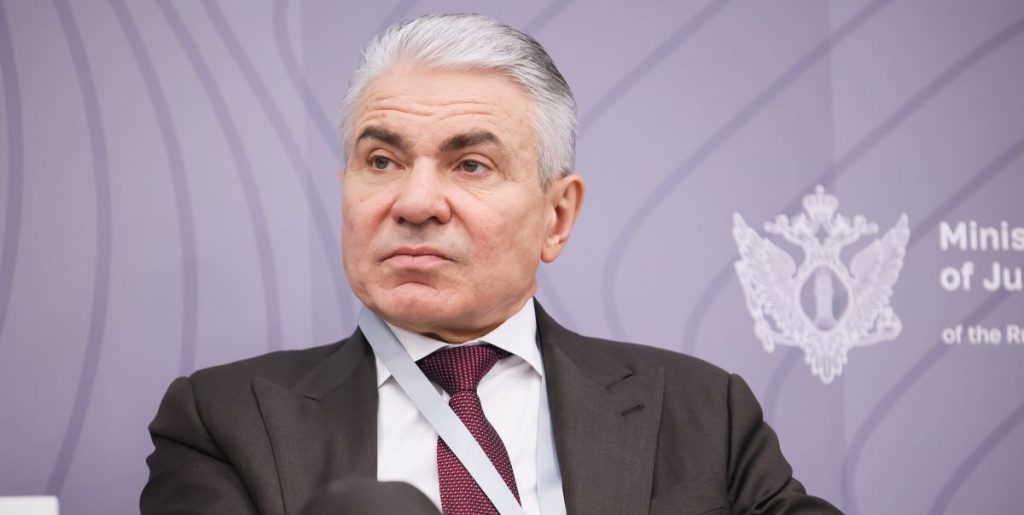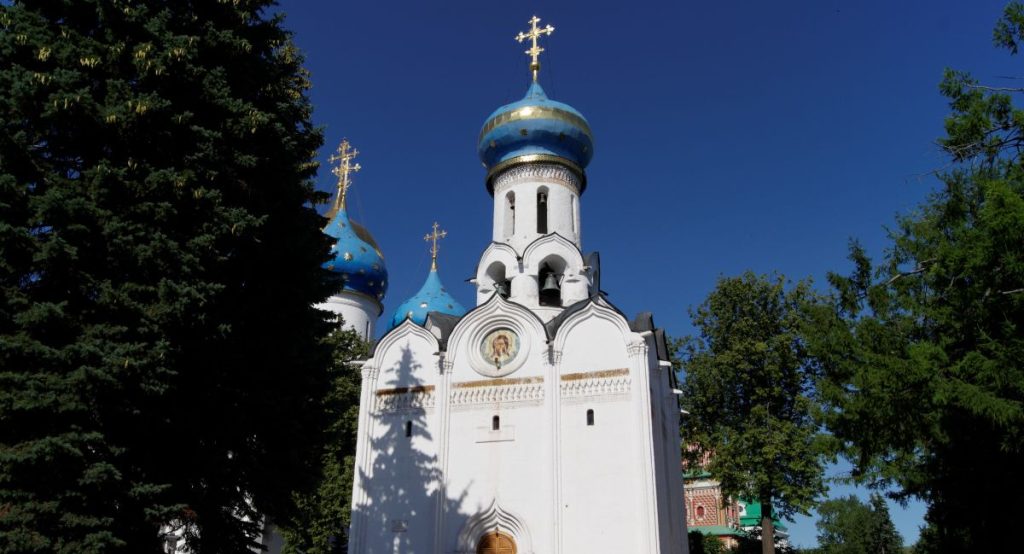The Kremlin is using fictitious threats to justify legal crackdowns.
Others are reading now
The Kremlin is using fictitious threats to justify legal crackdowns.
Outlawed as Extremism

Russia’s Supreme Court has outlawed a group called the “International Satanist Movement” under its anti-extremism laws.
But critics say there’s no evidence the group even exists. The move is seen as part of a wider campaign to suppress dissent.
Kremlin Uses Extremism Laws to Target Ideological Opponents

The decision comes under Russia’s 2002 law on extremism, which is regularly used to protect the Russian Orthodox Church and silence alternative beliefs.
Human rights observers say the Kremlin is using fictitious threats to justify legal crackdowns.
Also read
Prosecutor General Claims Satanists Are Anti-Religion

Prosecutor General Igor Krasnov led the case, claiming the so-called Satanist movement promotes “hatred and hostility” toward traditional religions.
The group was accused of desecrating churches and inciting violence—despite having no proven presence in Russia.
Meduza: It’s Another Fictitious Enemy

Independent Russian-language outlet Meduza reported that the “International Satanist Movement” likely doesn’t exist.
The publication noted a pattern:
Russia has also banned the supposed “international LGBT movement,” which authorities then use to target real individuals and communities.
Also read
Linking Satanism to Nationalism and Neo-Nazism

Authorities linked the imaginary movement to radical nationalism and neo-Nazism.
Observers say such links are common in government rhetoric when outlawing political or cultural dissenters, especially those who challenge Orthodox or conservative values.
Justice Ministry Claims It’s About Public Safety

Deputy Justice Minister Oleg Sviridenko defended the ruling, calling it a “coordinated effort” by the state to protect public safety and national interests.
But critics argue it’s another example of using the courts as tools for ideological enforcement.
Russian Orthodox Church Pushed for Ban

The Russian Orthodox Church, along with conservative lawmakers, has long called for bans on Satanist ideology.
Also read
In April, the State Duma even held a roundtable on combating Satanism, which they said was threatening Russia’s moral and religious fabric.


